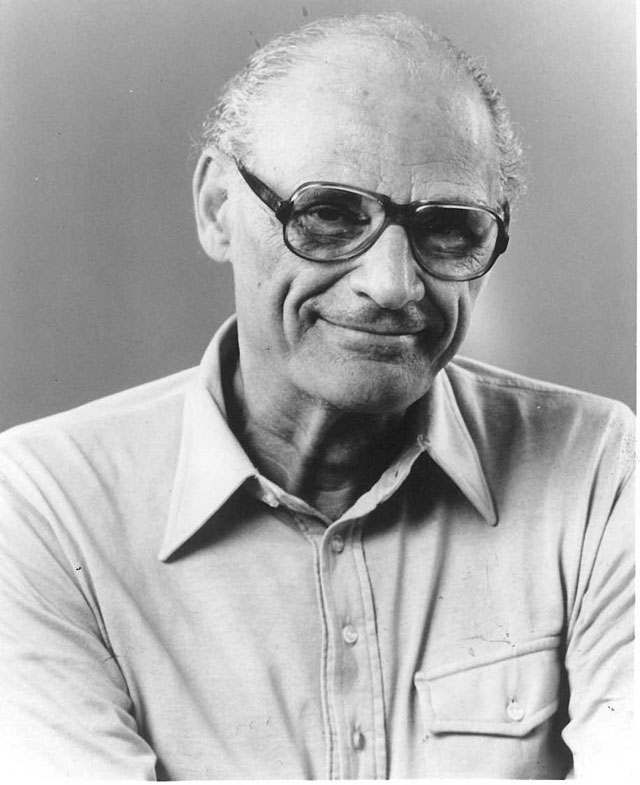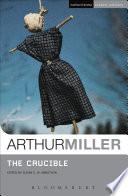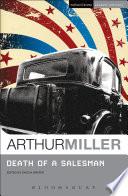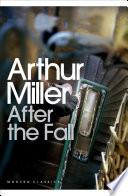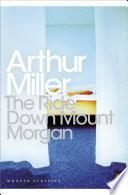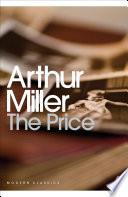“I think it's a mistake to ever look for hope outside of one's self.”
After the Fall (1964)
Context: I think it's a mistake to ever look for hope outside of one's self. One day the house smells of fresh bread, the next of smoke and blood. One day you faint because the gardener cuts his finger off, within a week you're climbing over corpses of children bombed in a subway. What hope can there be if that is so? I tried to die near the end of the war. The same dream returned each night until I dared not to go to sleep and grew quite ill. I dreamed I had a child, and even in the dream I saw it was my life, and it was an idiot, and I ran away. But it always crept onto my lap again, clutched at my clothes. Until I thought, if I could kiss it, whatever in it was my own, perhaps I could sleep. And I bent to its broken face, and it was horrible … but I kissed it. I think one must finally take one's life in one's arms.
